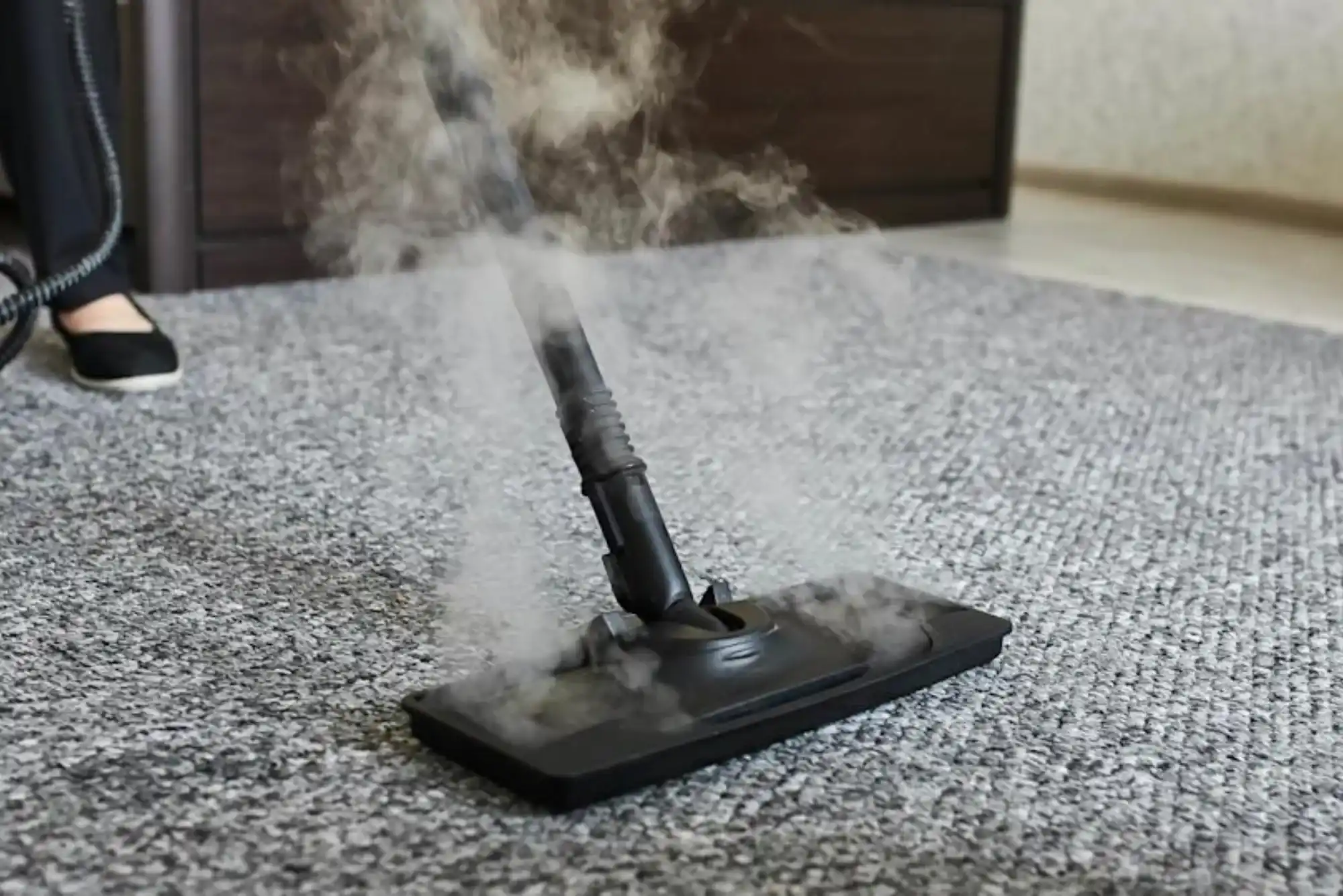Dental visits are an important part of a child’s overall health, yet for many families, those early appointments are often filled with resistance, tears, and a fair share of stress. Dental anxiety in children is more common than most parents realize, and while the dentist’s approach matters, the influence of parents plays an even greater role in shaping how a child feels about dental care. Parents are the first teachers when it comes to health habits, and their behavior, words, and attitudes can either reduce or heighten dental fears.
Understanding the parent’s role in dental anxiety isn’t just about identifying the problem—it’s about recognizing how everyday actions can either make visits more comfortable or create lasting phobias. Let’s explore how parental influence works, practical ways to ease dental stress, and even simple tools like choosing the best toothpaste for kids that can make oral care feel positive and enjoyable.
How Parental Attitudes Shape a Child’s Dental Experience
Children absorb far more from their parents than many realize. From a very young age, they pick up on tone of voice, body language, and even the unspoken emotions around certain situations. If a parent openly shares their own dental fears or speaks negatively about dentists, children may adopt that anxiety before ever stepping into a dental office.
For instance, a parent who says, “Don’t worry, it won’t hurt too much,” unintentionally reinforces the idea that pain is part of the experience. On the other hand, a parent who describes the dentist as a helper who “keeps our teeth strong and healthy” sets up the visit in a positive light. Children mirror parental reactions, which means calm, reassuring behavior can directly reduce their stress.
Early Habits Start at Home
Dental anxiety doesn’t begin in the dental chair—it often begins in the bathroom at home. The way parents introduce oral hygiene has a long-term impact on how children view dental care. When brushing becomes a daily battle, kids may associate oral health with frustration. But when parents make it fun—by using colorful brushes, flavored toothpaste, or brushing together as a family—it becomes a natural, positive routine.
One often overlooked factor is the choice of toothpaste. Finding the best toothpaste for kids can make all the difference. Children are highly sensitive to taste and texture, and a strong minty flavor can overwhelm them. Toothpaste designed for children often comes in milder, fruitier flavors, which can make brushing a pleasant experience instead of a dreaded task. The right product can transform oral care from a chore into an enjoyable part of the day.
Modeling Calmness at the Dentist
When parents bring their children to the dentist, their own behavior sets the tone. Children who see their parents relaxed and cooperative during checkups are more likely to follow suit. Parents who appear tense, fidget, or repeatedly ask anxious questions may pass that nervous energy onto their child.
It’s also important for parents to avoid over-explaining procedures in an attempt to prepare their children. Too much detail can actually create fear. A better approach is to keep explanations simple and let the dentist handle technical descriptions. Parents can instead focus on reassurance, such as saying, “The dentist is going to count your teeth today” or “They’re just checking to make sure your smile is strong.”
Communication Matters More Than Promises
Many parents, with the best of intentions, promise a child that “it won’t hurt.” However, if the child does feel even mild discomfort, trust may be broken, making future visits more difficult. Instead of promising no pain, it’s more effective to acknowledge that the dentist might use tools that feel “funny” or “ticklish” but that nothing will last very long.
Honesty, combined with positive framing, gives children a sense of control and reduces fear of the unknown. In fact, research shows that one of the biggest causes of dental anxiety in children is fear of not knowing what will happen. Parents who offer gentle, truthful guidance prepare their child far better than those who attempt to shield them from reality.
Practical Solutions for Dental Anxiety in Children
Parents can play an active role in implementing dental anxiety in children solutions long before their child sits in the chair. One effective method is role-playing at home. Pretend dentist games where parents gently “check” teeth or count them aloud make the real visit feel familiar. Storybooks about visiting the dentist also help normalize the experience.
Scheduling also plays a role. Parents who choose morning appointments often find their children are less tired, more cooperative, and less anxious than in late-day visits. Keeping the first visit simple—just an introduction to the dentist and a chair ride—helps build confidence.
Another solution is gradual exposure. If a child is deeply anxious, it may take multiple short visits before they feel fully comfortable with an examination. Parents who remain patient and avoid forcing the situation create a more positive foundation for long-term dental health.
The Connection Between Rewards and Positive Reinforcement
Parents often underestimate the power of rewards. Small acknowledgments like stickers, praise, or a fun activity after the appointment can turn the dental experience into something a child looks forward to. However, rewards work best when tied to cooperation rather than promises of avoiding fear. For example, saying “You did a great job opening your mouth today!” reinforces bravery and builds confidence.
How Parents Can Build Trust With the Dentist
A successful dental visit is a partnership between parents, children, and the dental team. Parents who build a relationship of trust with the dentist and staff make their children feel more secure. Introducing the dentist as a “friend for your teeth” and staying calm throughout the appointment helps children feel supported.
Parents can also empower children by allowing them small choices, like picking the flavor of fluoride treatment or choosing a toothbrush color at the end of the visit. These little moments of control reduce feelings of helplessness that often fuel dental anxiety.
Long-Term Impact of Parental Influence
What’s most important to remember is that parental influence doesn’t just affect a single visit—it shapes a child’s lifelong relationship with oral health. Children who grow up with supportive, calm, and proactive parents often carry those habits into adulthood, avoiding the cycle of fear that leads many people to neglect dental care.
Choosing the right words, modeling confidence, creating positive at-home routines, and finding child-friendly tools like the best toothpaste for kids all add up to a foundation that reduces anxiety and builds strong oral health habits.
Final Thoughts
Parents play a central role in how children perceive dental care. From early brushing habits to the way dental visits are framed, children absorb their parents’ emotions, attitudes, and behaviors. By staying calm, using supportive language, and encouraging positive routines, parents can minimize dental anxiety and foster lifelong healthy smiles.
Solutions like role-playing, rewards, and scheduling smartly contribute to reducing fear, while even small choices like toothpaste flavor can shape daily habits. Ultimately, when parents approach dental care with patience and positivity, children not only overcome anxiety but also learn to value their oral health as a normal and rewarding part of life.



